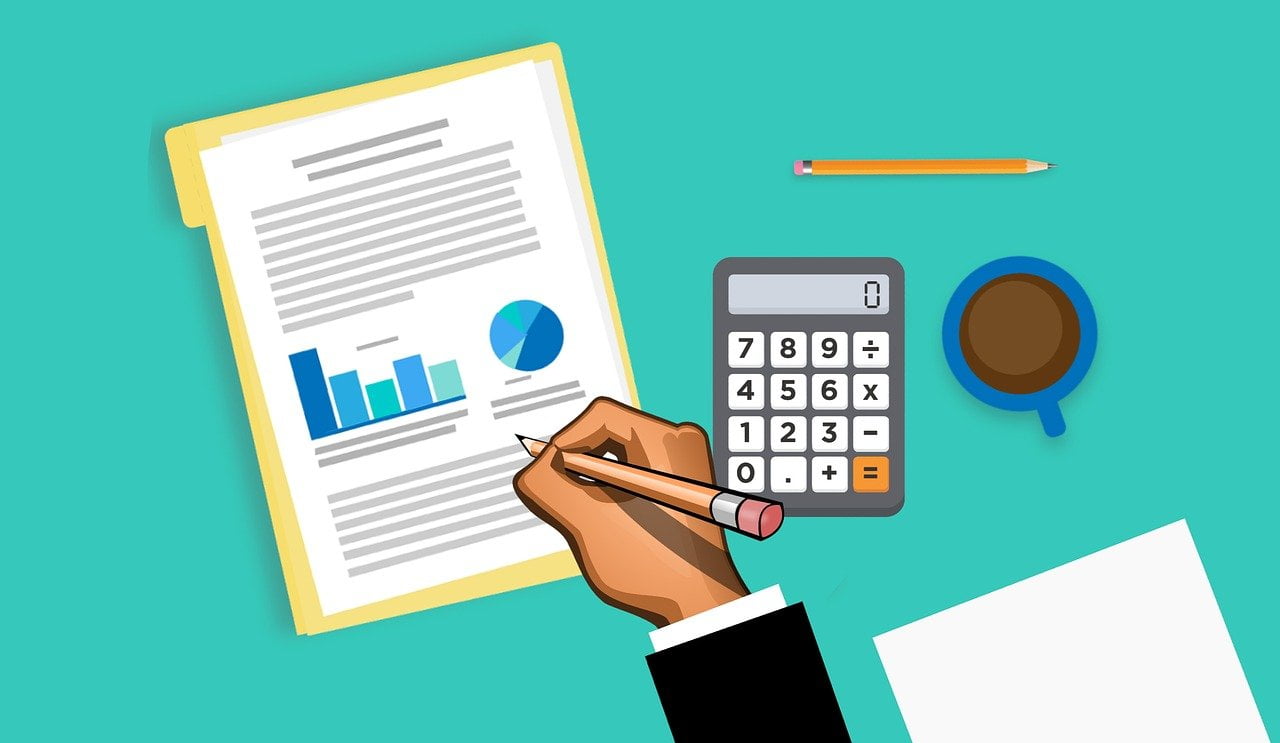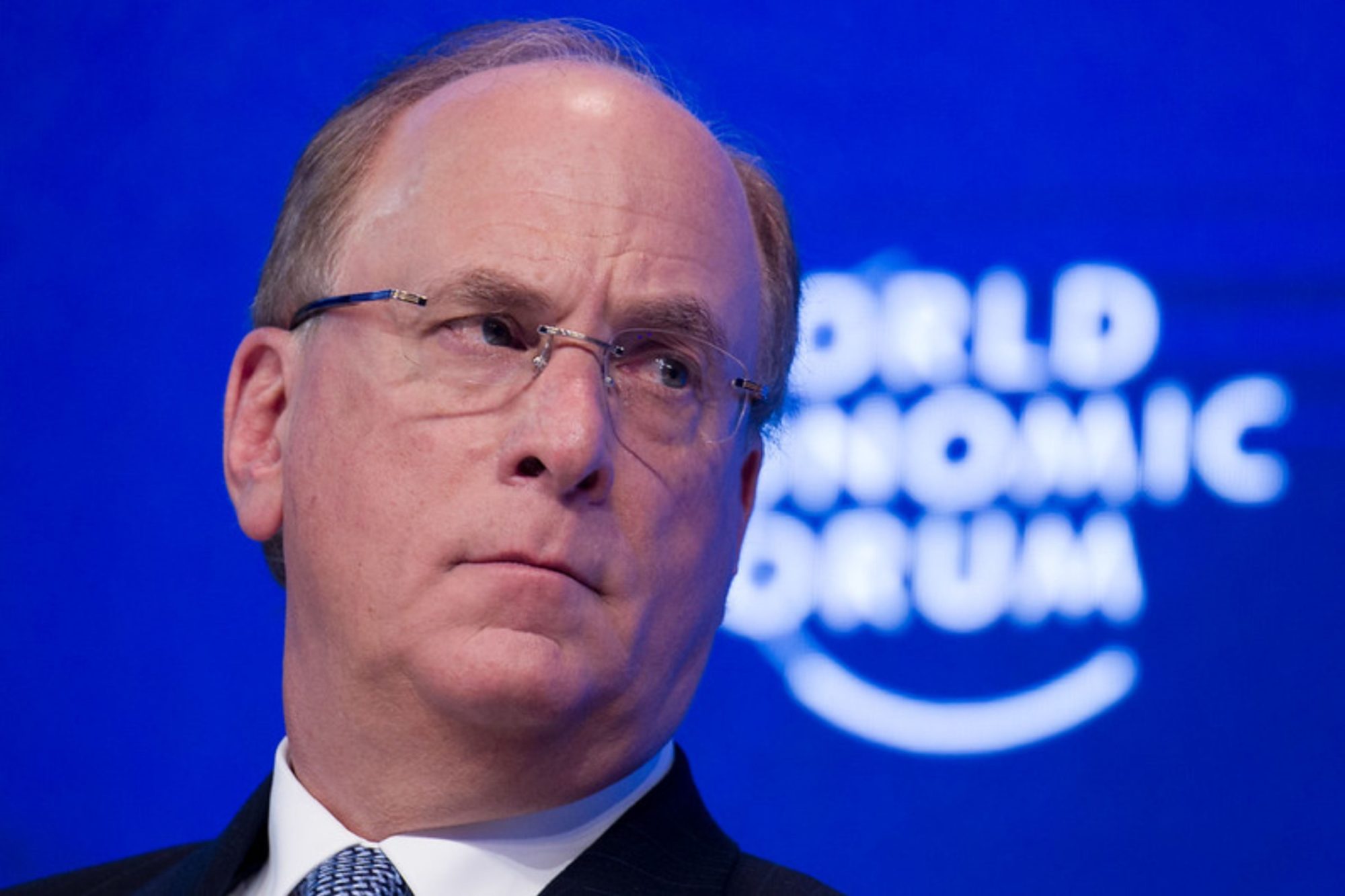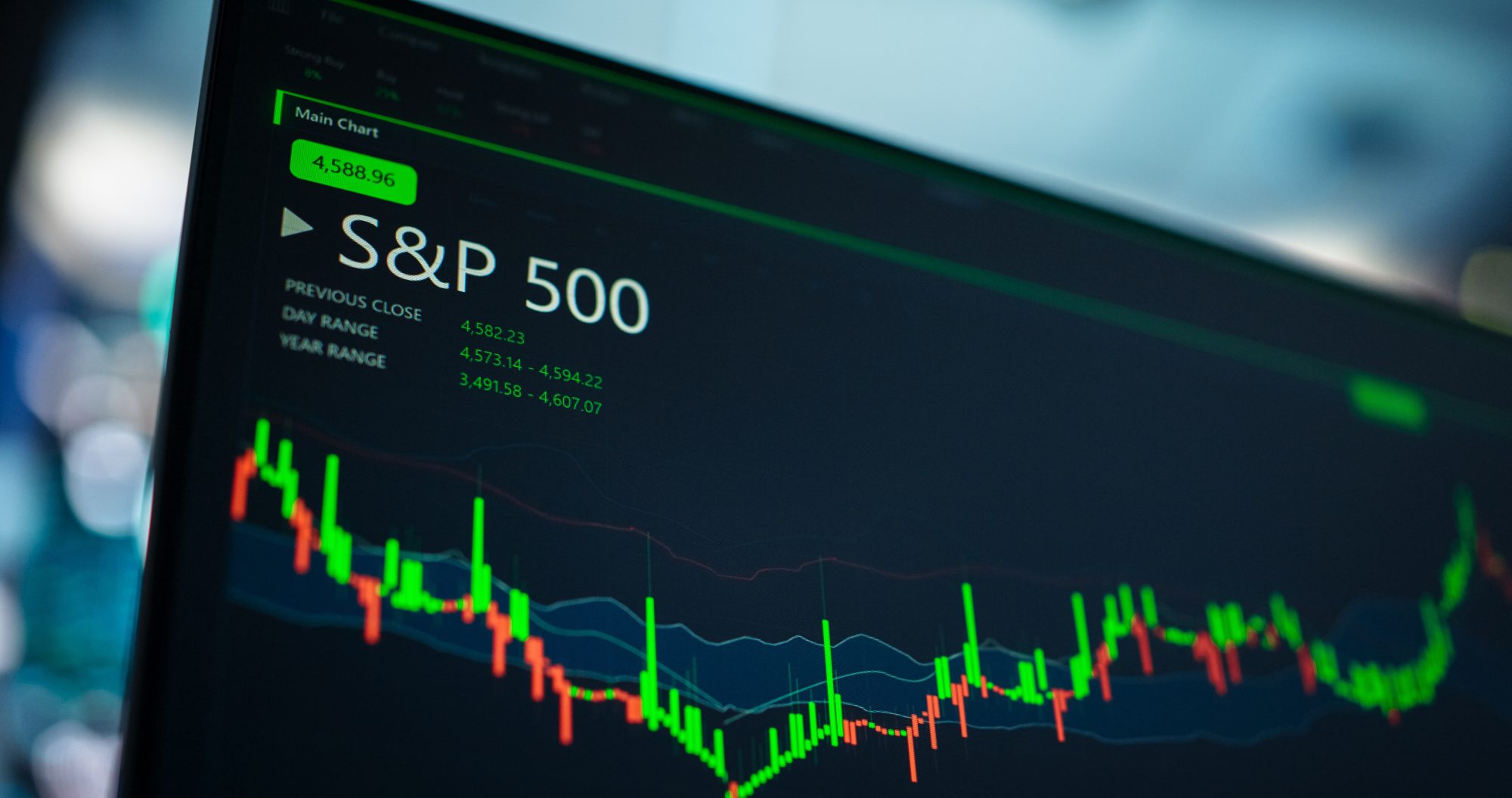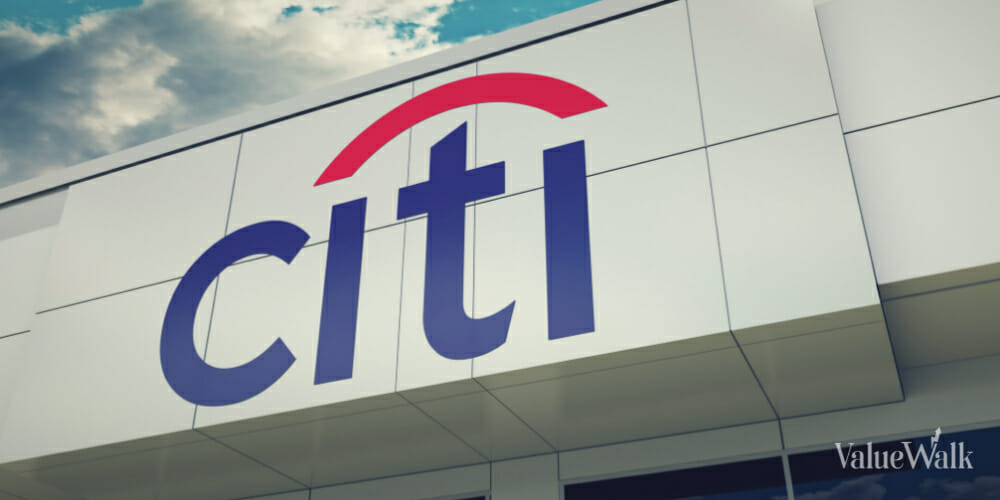- The HL Investor Confidence Index shows confidence plunged 38% between August and September.
- Confidence in UK Economic Growth dropped 35% between August and September.
- Energy bills may be capped but soaring food inflation is still a big worry heading into winter.
- Worries are rising that a US recession is back on the cards given the expected rapid pace of interest rate rises.
- The European energy crisis looms large as the EU unveils plans to shake up the market.
- Regular investments can help investors ride out the volatility, to take advantage of falls as well as rises.
Q2 2022 hedge fund letters, conferences and more
Inflation Still Proving Very Hot To Handle
Stocks on Wall Street may have stabilised after a dramatic plunge earlier in the week, but a snapshot of investor attitudes shows that confidence has taken a knock amid a pile-on of worries about the economic outlook.
Recent market volatility has hit sentiment and data showing that inflation is still proving very hot to handle for central banks is clearly proving disconcerting. Investors are expecting that growth will be sideswiped by robust interest rate hikes, with confidence in UK economic growth plummeting by 35% between August and September.
This is a marked change to sentiment about UK economic growth in August, which was more optimistic, with confidence rising by around 13%.
High among the worries about the UK is likely to have been concerns about the effect of soaring fuel bills on households and businesses, and so the energy price cap may go some way to assuage concerns going forward.
However, food prices are still rising at a rapid pace, hitting the poorest in society the hardest, which continues to be a cause of anxiety as we head into the bleaker winter months, when energy bills will still be much higher than last year.
Investor Confidence Falls
With the inflation reading in the US coming in much higher than expected this week and expectations that the Federal Reserve could raise rates by as much as 1% at the next meeting –worries that an American recession is now on the cards are ratcheting up, which would have knock-on effects on the global economy.
That’s likely to be partly behind the 38% plunge in overall confidence in September compared to August. The euphoria of July’s bounce in shares, which lifted investor confidence in August, has evaporated and although the S&P 500 largely treaded water during the last session, caution abounds.
Investors have again been showing signs of fleeing ultra-risky assets like crypto and high-growth tech firms and heading to safe havens with the dollar gaining in strength.
Realization is dawning that the Fed is determined to keep pouring water on overheating prices for as long as it takes to cool them off, whatever the short term cost to unemployment and the housing market. Expectations are growing that a softer stance in terms of monetary policy might not now arrive until 2024.
Worries about the European energy crisis are also looming large, but economies are expected to stumble through a bleak winter of dwindling gas supplies, helped by the filling up of reserves and a campaign for energy conservation.
What the effects will be of a big overhaul of the European energy market aren’t clear but energy shares have fallen back on plans for a windfall tax, while renewable companies are staying more resilient despite plans for a cap on earnings, given the expected refocus on greener cleaner energy to help bridge the energy gap.
Worries about the outlook for global growth had put pressure on oil prices, but they have edged up over the past week with Brent Crude now hovering around $94 a barrel. Supply issues have once again come to the fore, with the International Energy Agency noting that there are indications of large scale gas-to-oil switching in many countries, double the level of a year ago.
At the same time demand is expected to rise as a full lockdown in the huge Chinese city of Chengdu is lifted today with markets highly sensitive to the impact of Beijing’s zero-Covid strategy.
Tougher Times Ahead
Economic uncertainty and market volatility can be unnerving for investors, but tough times have been shown not to last forever, and markets eventually recover.
With inflation appearing to be stubbornly high and a recession looming there are clearly tougher times ahead for consumers and companies but it’s important for investors to think about their long-term strategy and stay resilient when markets are jittery.
Periods of volatility are part and parcel of investing, and even when we get particularly sharp short-term falls, we shouldn’t let this put us off our long term aims. Regular investments often come into their own during times like these.
By carrying on investing sums each month, you can take advantage of falls as well as rises, through pound cost averaging. When markets are down, you’ll get more for your money, providing the potential for greater profits when they rise in value.
We don’t know exactly what is round the corner but keeping calm and carrying on, instead of impulsively selling, might benefit you in the long run when prices eventually recover."
Article by Susannah Streeter, senior investment and markets analyst, Hargreaves Lansdown













